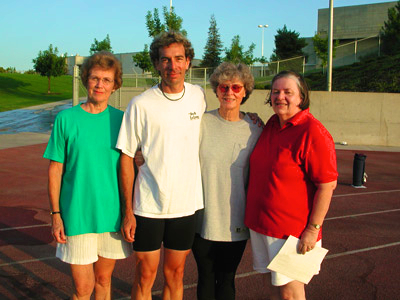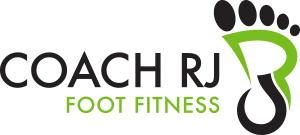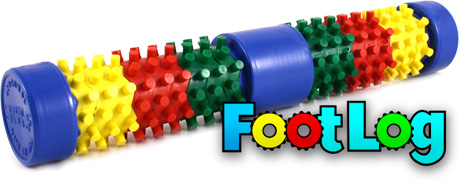
Going to Fall or “PREVENTING” Falls?
Feet. They are critical for fall prevention yet often overlooked.
A recent article in the New York Times entitled, “Bracing for the Falls of an Aging Nation“ pointed out or increasing problems in America with falls and injuries related to falls–even deaths from falling. While the root causes of falls are multifactorial, there are some definite PREVENTION tips that are worth mentioning especially with feet and ankles. The article did a nice job discussing some visual upgrades to help people see walking surfaces better like marking stairs, colored toilet seats, etc. but very little was mentioned about the fitness side of fall prevention whether it be from feet, joint mobility, or vestibular training of the inner ears which are critical to maintaining balance. Dr. Christian Thompson of University of San Francisco has been teaching fall prevention classes for seniors with great success for many years with multiple factors addressed as above including gait assessment and improvement. Fall prevention…it can be done. For now, here are a few tips to get you started at home.
Here are a few Foot Fitness tips for fall prevention:
- Wake up the nerves in your feet. Feet are like computers on the ground gathering information. When you wear stiff shoes with thick soles, the sensory information is very blunted decreasing the information the brain needs to prevent a fall.
- Wear flexible shoes. Unless you have a true orthopedic clinical issue, flexible shoes allow the smaller nerves in feet to start working more efficiently. Since all shoes get in the way of the smaller nerves in feet, consider the next point.
- Walk barefoot. Many of the small nerves in feet are in skin of feet. The best way to activate these small nerves is to put the skin of you feet right on the ground. If you are afraid to “walk” barefoot as an elderly person, you can start waking up nerves in your feet while sitting with a great foot therapy called The FootLog. While the FootLog is a tool I often reference for Plantar Fasciitis, it’s also a great overall foot health tool for stimulating nerves in feet.
- Get limber. Walking barefoot without stiff shoes or even walking with more flexible shoes is a way to start allowing the joints in your feet to start moving–or “limber up” as they mobilize through ranges of motion.
Here are a few Ankle Tips for fall prevention:
- Get limber again–in multiple planes of motion with rotation. “Stiff” ankles are a fall waiting to happen. Ankles are mobility joints meaning they need to be able to move in order to make up for uneven ground below. If you step in a hole with a stiff ankle–the body above has to move off center increasing your chances for falling if you cannot correct the imbalance efficiently. Ankles should flex both ways meaning pointing toes down and pulling toes back up towards shins. Ankles should tilt left and right, and also very important–ankles should be able to roll in large circles. You can do all of these movements while sitting in a chair. Do them enough–your ankles will likely get more mobile and thus be able to make up for uneven ground more efficiently. One of the best ways to prevent falls with elderly populations? Improve ankle mobility.
In closing, I used to teach an exercise class at a community college. My students were up to 92 years old. Most of the class was retired. NONE of my elderly students used a cane or walker to come to class daily. In five years, I never had one of them fall. We worked on balance and fall prevention DAILY. Think about it.

